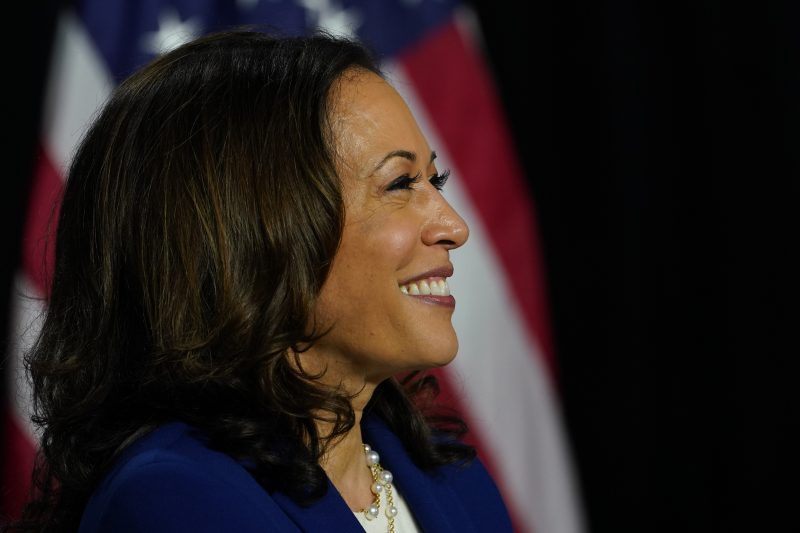How Busing School Desegregation Shaped Kamala Harris’s Views of Race
The issue of school segregation and race relations has always been a significant topic in American history. One particularly notable figure whose views on race have been influenced by the controversial policy of busing school desegregation is Senator Kamala Harris. As the daughter of immigrants from Jamaica and India, Harris was keenly aware of the racial disparities that persisted in American society. Her personal experiences with busing and the impact it had on her own education helped shape her perspective on racial equality and justice.
Busing, as a method of achieving integration in schools, involved transporting students to schools outside of their neighborhoods to promote racial diversity. The practice was a response to the systematic segregation that existed in many school systems across the country, particularly in the South. By bringing students of different races together, busing aimed to break down racial barriers and provide equal educational opportunities for all children.
Harris’s own experience with busing school desegregation occurred when she was a child growing up in Berkeley, California. Despite the progressive reputation of the city, its schools were still largely segregated along racial lines. Harris’s parents, both active in the civil rights movement, were strong supporters of busing as a means to foster integration and combat racial inequality.
Attending both majority Black and majority white schools through busing, Harris was exposed to the stark contrasts in educational resources and opportunities available to students based on their race and socioeconomic background. This firsthand experience of inequality and discrimination left a lasting impression on her and shaped her commitment to fighting for racial justice and equality throughout her career.
Harris’s views on race and education were further shaped by her tenure as California’s Attorney General and later as a U.S. Senator. She advocated for policies aimed at addressing systemic racism in the criminal justice system, expanding access to high-quality education for all students, and promoting diversity and inclusivity in schools and workplaces.
In her bid for the presidency in 2020, Harris highlighted her personal journey with busing and how it influenced her views on race and justice. She emphasized the need for continued efforts to dismantle systemic racism and create a more equitable society for all Americans, regardless of their race or background.
In conclusion, Kamala Harris’s experiences with busing school desegregation played a significant role in shaping her views on race and social justice. Through her personal story and advocacy, she continues to be a voice for marginalized communities and a proponent of policies that promote equality and inclusivity. Harris’s journey is a reminder of the enduring impact of historical struggles for civil rights and the ongoing need to confront and address racial disparities in America.

